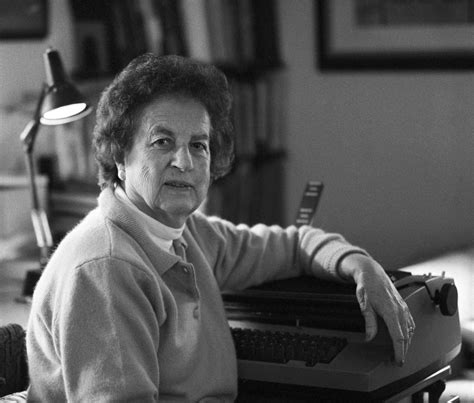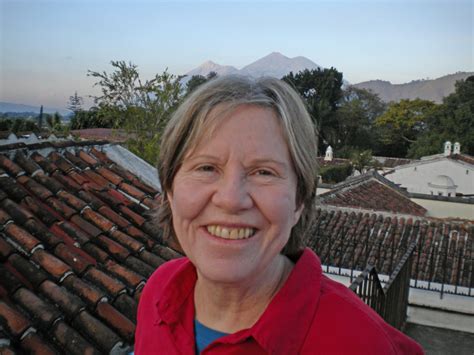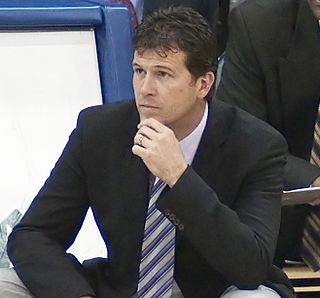A Quote by Wallace Stegner
Towns are like people. Old ones often have character, the new ones are interchangeable.
Related Quotes
In towns it is impossible to prevent men from assembling, getting excited together and forming sudden passionate resolves. Towns are like great meeting houses with all the inhabitants as members. In them the people wield immense influence over their magistrates and often carry their desires into execution without intermediaries.
As a biographer, I try to uncover the adventures and personalities behind each character I research. Once my character and I have reached an understanding, then I begin the detective work reading old books, old letters, old newspapers, and visiting the places where my subject lived. Often I turn up surprises, and of course, I pass them on.
When my first play was produced, I had this sudden feeling that I feel powerful. Like, the next time I go into an audition room, and it's me and the same eight girls as always, I will have this thing that no one can take away from me. They can see us all as interchangeable. But I am not interchangeable.
Whoever lives for poetry must read everything. How often has the light of a new idea sprung for me from a simple brochure! When one allows himself to be animated by new images, he discovers iridescence in the images of old books. Poetic ages unite in a living memory. The new age awakens the old. The old age comes to live again in the new. Poetry is never as unified as when it diversifies.
When I read Matt Ruff's book, that was my first encounter with learning about sundown towns, and I was like 'What?' Like, you can't make this up. If I wrote this horror movie talking about sundown towns where you can't be black after dark in America, people be like, 'OK, we get the metaphor,' and it's like, no, that's real. It's not a metaphor.
If the world is saved, it will not be by old minds with new programs but by new minds with no programs at all. Why not new minds with new programs? Because where you find people working on programs, you don't find new minds, you find old ones. Programs and old minds go together like buggy whips and buggies.







































